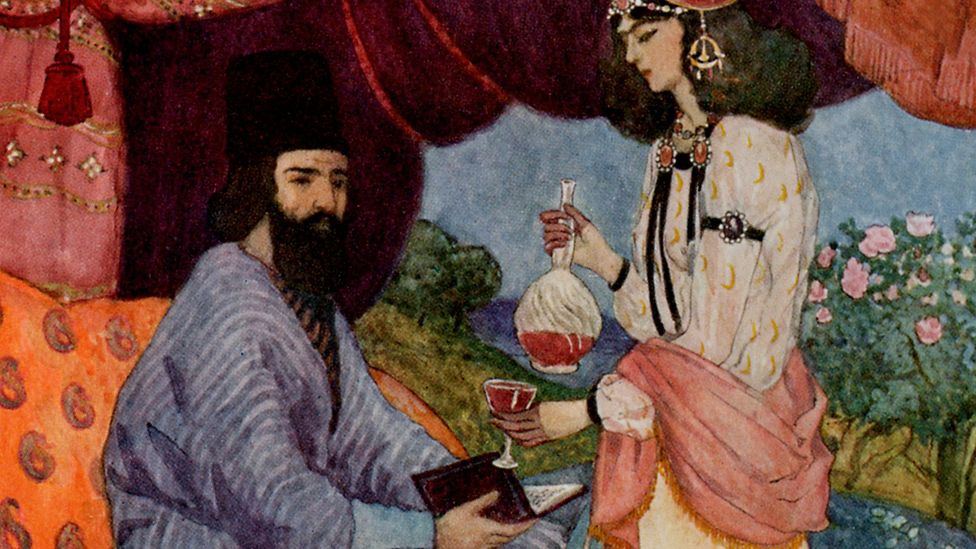He is one of the most famous pre-Islamic Arab poets: Who is Alqama al-Fahl?
Alqama al-Fahl, a Bedouin poet, was very successful in depicting horses, camels, and ostriches. It is said that no poem can reach the level of his three beautiful couplets about horses.

(6th-7th century) Arab poet. Alqama al-Fahl lived at the end of the 6th century and the beginning of the 7th century. Tamim is from his height. He is a contemporary of the famous poet Imruul-Qays. There are reciprocal poems with him. According to the rumor, Imruü'l-Kays, Alkame b. He divorced his wife, who found Abade superior to him in poetry, and Alqama al-Fahl married this woman. That's why he was nicknamed al-Fahl (which literally means "the stallion").
'Alqama ibn 'Ubada, generally known as 'Alqama al-Fahl, was an Arabian poet of the tribe Tamim, who flourished in the second half of the 6th century.
Most of his poems describe the wars between the Bani Lahm and Bani Ghassan tribes. Rumor has it that Beni Ghassan Meliki al-Harisb. He rescued his brother Sha, whom Jabele had imprisoned, in exchange for a few odes he recited. His famous poem about the second day of the Battle of Al-Kulab (622), is the product of his maturity period. His long poem about the race between the female camel and the ostrich is also very well known.
Details of his life
Gregorian VI. the first half of the century or the second half of the VII. Alkame, who lived at the beginning of the century, is in the first layer of the poets of the Age of Ignorance. There are two rumors about the reason why this hero poet of the Temîm tribe got the nickname "Fahl" meaning "studded horse or camel". According to the rumor that literary historians say it is not possible in terms of history, although it is included in all sources, Alkame and Imruulkays appointed Imruulkays's wife Umm Cindeb as the referee to reveal who is the greatest poet, and when he voted in favor of Alkame after a competition, Imruulkays won his wife. divorced, Alkame married Umm Jundeb; That's why he was nicknamed Fahl. According to another rumor, Alkame b. This nickname was given to him in order not to be confused with Sahl (al-Hasıy). Considering that Imruülkays died in the 540s and that this event is only mentioned in the translation of Alkame, not in the works mentioning his life, it turns out that the first narration is an ascription. The closeness of style and theme in the poems of these two famous poets must have inspired some narrators with rich imaginations for such a story. In addition, it is understood that the poems of Alkame and the poems of Imruülkays are similar to each other so that they form a common school, so they are confused with each other.
One of the Ghassanid rulers, Haris b. Cebele and III. The wars that took place between the Ghassanids and the Lahmites, as Nu'mân was the bridesmaid, constituted the main subject of Alkame's poems. In a war, Haris b. His ode to Cebele to free them is famous. Upon this ode, the ruler donated the captives to Alkame. Alkame, a Bedouin poet, was very successful in depicting horses, camels, and ostriches. Ibn Salam al-Jumahi says that no poem can reach the level of his three beautiful couplets about horses. Besides the eulogy and ghazals, there are also wise couplets.
